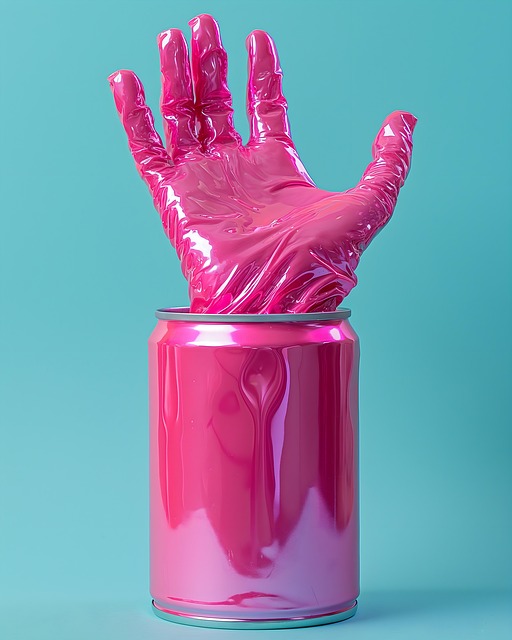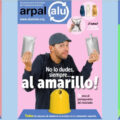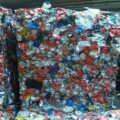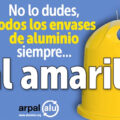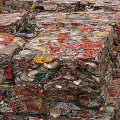In 2024, Spain managed to recycle 50.7% of the aluminum packaging placed on the market, meeting one year in advance the target set by the European Directive 2018/852, which established that percentage as a goal for 2025. In total, 78,297 tons of aluminum were recovered through various channels such as sorting plants, urban solid waste, composting, selective collections, and incinerator slag.
The figure reflects not only progress in waste management but also greater public awareness regarding the recycling of this material. Furthermore, it occurs in a context of increased consumption, as the amount of aluminum packaging placed on the market rose to 154,455 tons, according to the new methodology of Royal Decree 1055/2022 on packaging and packaging waste. This regulation has modified the way recycling is accounted for, excluding impurities and ensuring more precise measurement.
Perspectives towards 2030
With the aim of reaching a recycling rate of 60% by 2030, the Association for the Recycling of Aluminum Products (ARPAL) will intensify its efforts in awareness and training. The entity works in collaboration with administrations, educational centers, and other organizations to encourage the correct deposit of these packages in the yellow container and promote their recovery.
Since its foundation in 1994, ARPAL has carried out numerous campaigns and educational projects throughout the country to promote aluminum recycling, a material that preserves its properties indefinitely and whose recovery process allows saving up to 95% of the energy that would be required to produce it from virgin raw materials such as bauxite.
The value of aluminum recycling
Aluminum is one of the most valuable packaging materials on the market. Its high recyclability and the fact that 75% of the aluminum produced in the last hundred years is still in use make it an example of circular economy. Through recycling, this metal is reintegrated into the production cycle over and over again without loss of quality, generating significant environmental and economic benefits.
ARPAL is supported by four major companies in the sector —Aludium, Constelium, Speira GmbH, and Novelis Europe— and actively collaborates with European associations such as European Aluminium and EAFA (European Aluminium Foil Association), as well as with the Beverage Can Association in Spain.

